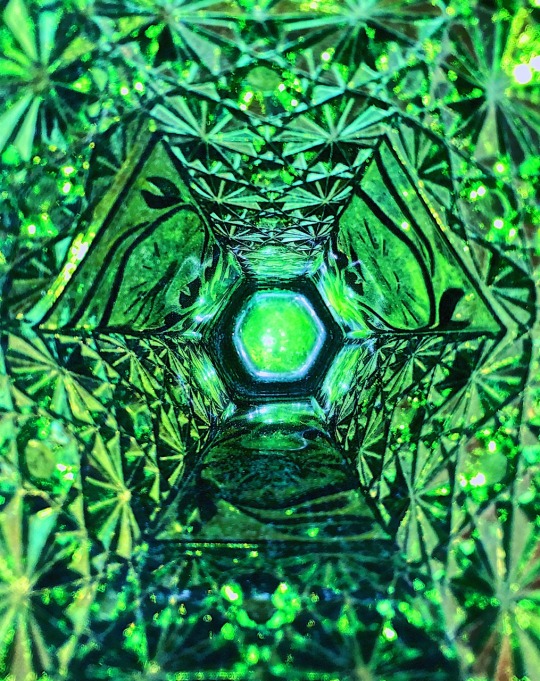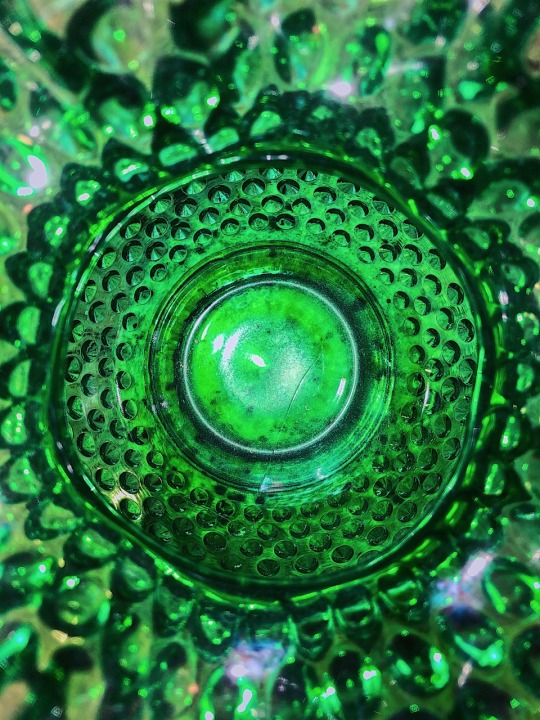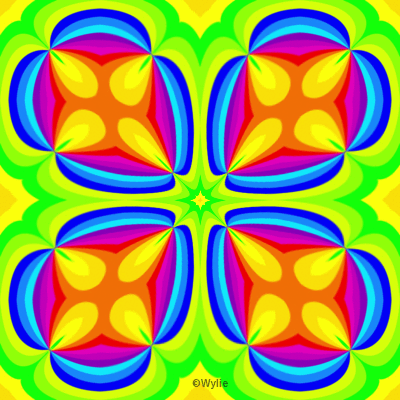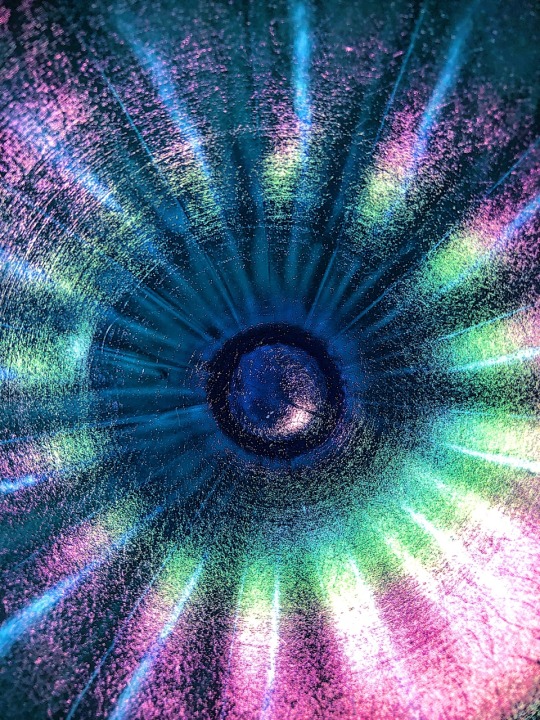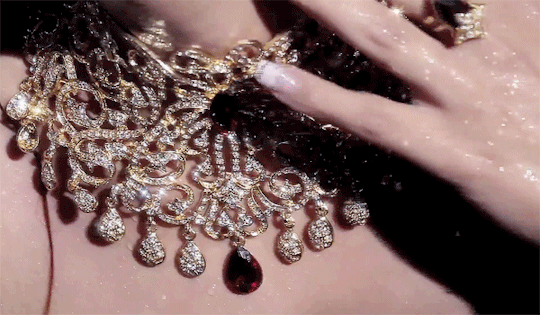Text
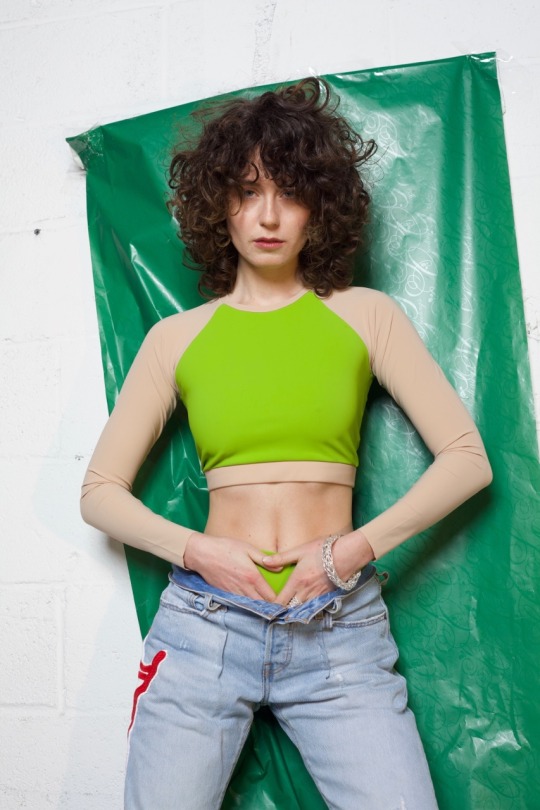

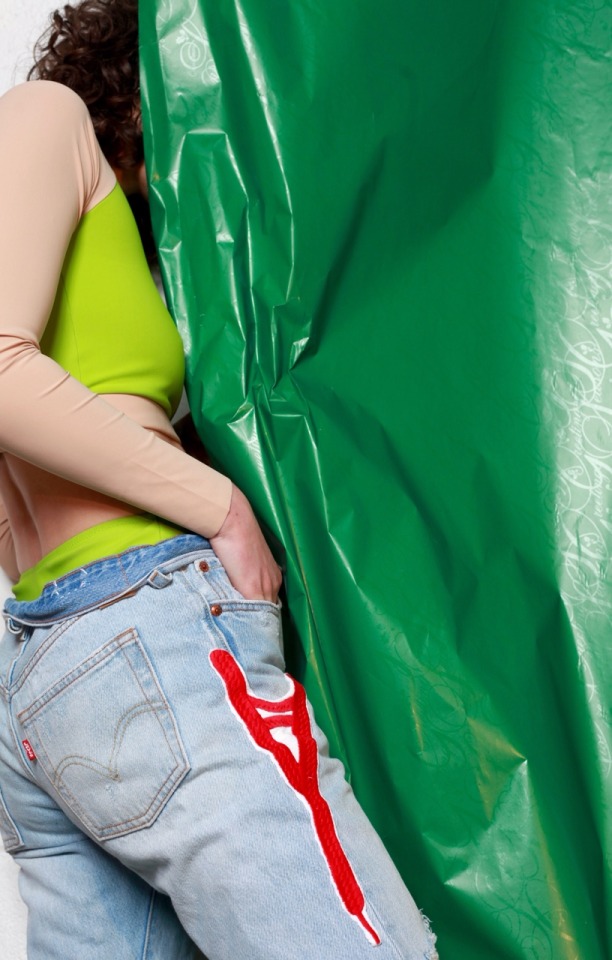
Can’t wait to finish our next issue! So excited to be including shots from The Eco Studio’s We-Thinking editorial, featuring conscious brands like Ipsilon Paris!
#editorial#magazine#fashion blog#fashionbombdaily#fashionblogpost#fashionactive#fashionrevolution#fashion#ethical consumerism#ethicallysourced#sustainability
3 notes
·
View notes
Text
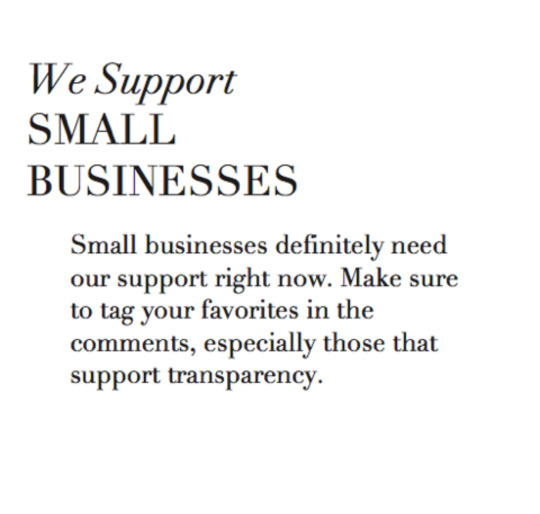
Support small businesses during the corona virus with online classes, takeout, online purchases. Once businesses open again, we should be supporting small marketers as much as possible.
Two thirds of americans are feeling better about going out of their house to support small businesses. 75% Plan on making an effort to help out small businesses in the states. The average person plans to spend 100 dollars a week at a local business.
Even if you live in a busy city, and you do not feel that it is safe to go out yet, there is a number of ways that you can make an impact. Take an online class, or attend a virtual experience to keep you entertained throughout the day.
We miss the simple things in life. Going out to brunch with friends, maybe going to movie night, consider ordering takeout, or delivery. Rent a movie from on demand. Miss shopping in stores, maybe become an online shopper.
All small businesses are beginning to reopen at this time, and it is our job to keep them running.
#smallbiz#covid virus#covid 19#sustainability#support#locallymade#supportsmallbiz#supportlocal#lockdown#takeout#onlineshopingwebsite#magazine
1 note
·
View note
Text

🌿How do you check if your clothing is sustainable? This is one question we often get. Like food, is there a USDA organic label, but for fashion? While the amount of sustainable brands is growing, we are beginning to see more greenwashing throughout the industry, which is why third party verifications for the products we buy are very important. However, there’s not one specific label that you can see if your clothing is “ethical”. Although that would make it 100% easier, there are still many certifications out there. Fashion is way more complex then some store bought blueberries, so it’s hard to label a piece of clothing if it’s USDA Organic, but that does not mean it is sewed in a fair trade factory, or dyed with non-toxic dye. As of this moment, brands can choose to show how ethical their operations are. Hopefully, soon, more consumers will demand accountability and companies will continue to get verified, third party certifications will become mandatory for all companies, making it easier for the consumers to verify not only if their clothing is good for the environment, but also for consumers to verify the #whomademyclothes movement. Some of the labels below are true certifications, and some are organizations. You can look for these certifications are companies to verify that your clothing is made both ethically and sustainably:
SOME ENVIRONMENTAL ORGANIZATIONS:
OEKO-TEX- trustworthy label that focuses on chemicals. This verifies if for substances like toxic chemicals that are harmful to humans are used in the producers products.
LWG- rates leather tanneries and leather traders based on how their production process affects the environment
OCS- provides a custody system organic raw material source to your finished product.
GOTS- one of the more trust worthy certifications that cover processing, manufacturing, packaging, labeling, trading, and distribution of all textiles made from at least 70% certified organic natural fibers
some others:
PETA, ECOCERT, Climate Beneficial, Regenerative Organic Certified, FSC, NSF International, UDSA Organic, C2C, bluesign,
Fair Labor Certifications
Fairtrade International- (Fairtrade USA for large farms) works with small farmers, producers, and traders around the globe who meet factors like fair wages, safe working conditions, and supply chain transparency.
some others:
Social Accountability International (SAI), SA8000, WRAP, Nest, Flocert,
Holistic Brand Certifications:
B Corp Certification is the only certification that measures a company in whole, from supply chain and input materials to employee benefit and more.
Eco-Age- marks brands who honor Eco-Age principles. This includes a wide range of areas, including fair work, community, diversity and inclusion, environmental management, leadership, animal welfare, and more.
Rating Systems:
ETI- ensures that works have freely chosen their employment, are being paid fairly, are working in safe conditions, and more.
Canopy- nonprofit organization that works with forests to provide a ‘sustainable’ alternative to synthetics and more resource-intense natural fibers like cotton without leading to deforestation.
The Higg Index, WFTO, FTF, FLA, FWF, 1% For the Planet, Good on You.
*Remember thar brands and companies CHOOSE* whether or not to release their production and material information. These companies and organizations can help you find brands that are ethical and sustainable, because there are no specific label.*
INSTAS:
@globalorganictextilestandard
@peta
@ecocertofficial
@regerativeorganic
@certifiedusdaorganic
@bluesigntechnologies
@fairtradecertified
@bcorporation
#organic#sustainable#sustainability#fashionblogpost#ecofriendly#thrifted#thrifting#magazine#fashion blog#lifestyle blog#ethicallymade#ethicalstyle#ethicalclothing#ethicallysourced#ethical consumerism
1 note
·
View note
Text
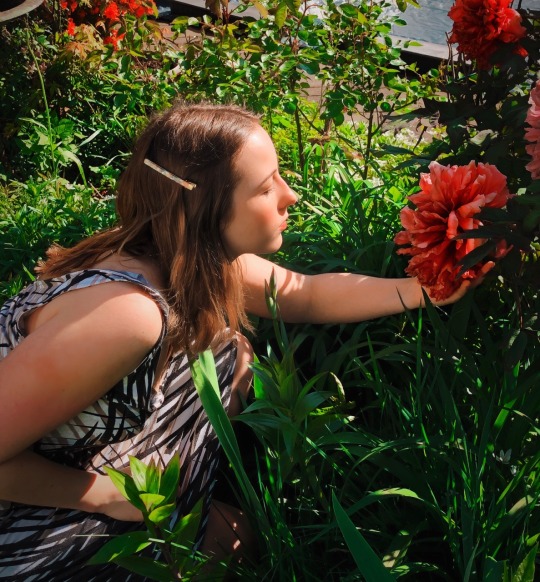


Some shots from our latest shoot in originally upcycled clothing!

#upcycled#thrifting#thrifted#upcycledclothing#ootdstyle#ootdfashion#fashionrevolution#fashionblogpost#fashionbombdaily
1 note
·
View note
Text
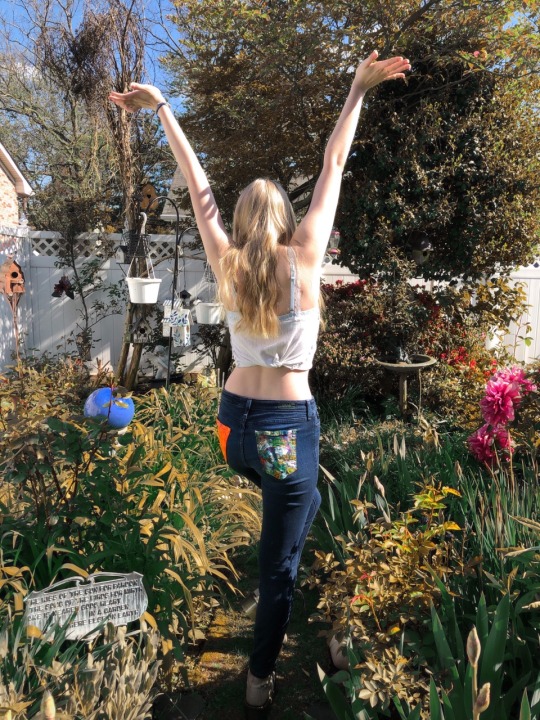
5 THINGS THAT MAKE CLOTHING SUSTAINABLE
1. Vintage, secondhand, or upcycled clothes
2. Organic fabric
2. Recycled materials
3. Cruelty free
4. Eco-friendly packaging
5. Locally made
0 notes
Text
“I really wanted the brand to be all about transparency! I want my customers to know what’s in our products and because our ingredients are ones that most people would have heard of before, they can feel empowered about knowing exactly what they are putting on their skin and into their bodies. “ -Apolline Amiaud (founder of Balm Balm Co.)
...
Products by Balm Balm Co. are non-toxic and 100% organic, providing skincare that you can trust. Check out the list below to find more terms that you should look for when purchasing skincare and other products:
...
—USDA Organic—Made for organic agricultural practices (Ex: “A USDA certification for a shirt ensures the cotton was grown organically, but does not guarantee that the shirt is free of toxic finishes)
—FAIR TRADE—“guarantees that farmers and workers involved in production were compensated justly”
—PETA—products are vegan and animal friendly
—B Corp—“a more general certification given to companies that meet rigorous standards of social and environmental performance, accountability, and transparency”

#fairtrade#lip balm#crueltyfreemakeup#crueltyfreebeauty#organic#ethicalstyle#ethicalbeauty#ethicallymade#ethicallysourced
0 notes
Text
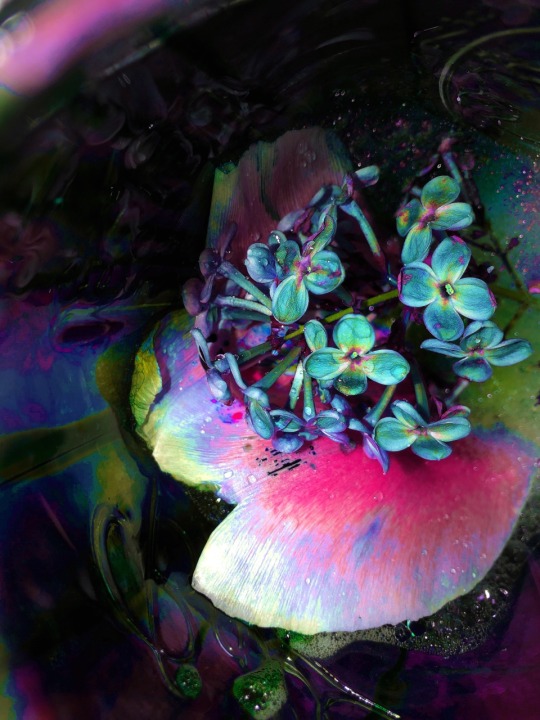
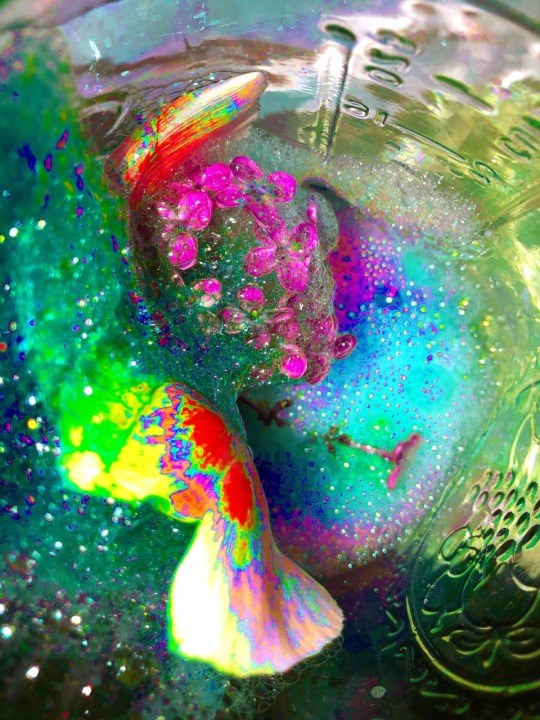

🌱💐🌿 inspired art for our next issue


#artists on tumblr#nature#flowers#trippy#psychadelic#psychart#saturation#colorful#photography#magazine#follow#instagood#instagram#fashion#fashionrevolution
4 notes
·
View notes
Text

We are so excited to have F.A.K.E. (Fashion for Animal Kingdom and Environment) involved in our next issue! Thousands of animals are killed in the name of the fashion industry. F.A.K.E. works to prevent this and help consumers change their habits. They do this by exposing people to brands that promote cruelty free and ethical fashion, and designers all over the world that offer sustainable alternatives.
#fashionrevolution#fashion#crueltyfree#stop cruelty#vegan#vegansofinstagram#instagood#leapingbunnyapproved#leapingbunnycertified#sustainability#sustainable#ethicallymade#ethicalclothing#ethicalstyle#ethicalbeauty#crueltyfreebeauty#crueltyfreemakeup
1 note
·
View note
Text
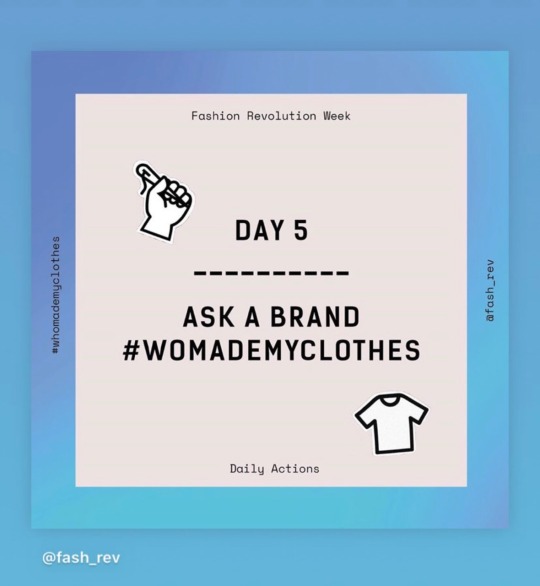

Day 5
#fashionrevolution#fashionactive#action#social justice#extinction rebellion#magazine#ethicalclothing#ecofriendly#ethicallymade#ethical consumerism#ethicalstyle
1 note
·
View note
Text
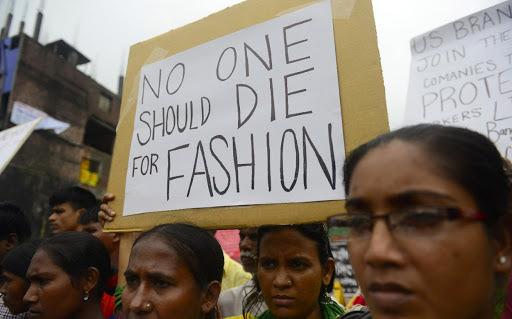


Today is day 4 of Fashion Revolution Week, click the link below to read about the conditions of workers in the fashion industry, and the importance of traceability. Many focus on discounts and low prices, and fail to consider where their clothes come from, and how they are able to be produced for such low costs. Click the links below to read about the Dhaka garment factory collapse in 2013, and how the industry still exploits many through child labor (in page 14 of our first issue).
#fashionrevolution#ethicalclothing#magazine#fashion#artists on tumblr#upcycle#reusedmaterials#repair#recycled#disaster#garment#factory#justice
0 notes
Text

Sneak peak at the Year 3097 jean👀
💫☄️🌈🚀🚀🚀🎆🔮

0 notes
Text
Dug up some old fabrics for some denim patchwork!
“An estimated 400 billion square meters of textiles are produced annually, of which 60 billion square meters are left on the cutting floor.”
~~Click the link below to learn more about waste in the textile+fashion industries and the benefits of shopping recycled clothing~~
0 notes
Text

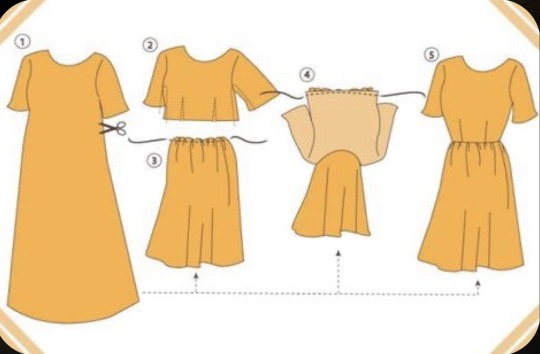
Wear->Repair->Remake->Repeat
^^Simple steps to follow to reduce waste and save $
0 notes
Text

Always remember to ask why before you buy! Our one of a kind pieces are made to increase the longevity of recycled + thrifted clothing/materials and prevent waste (and can be found on our depop page). :)
1 note
·
View note
